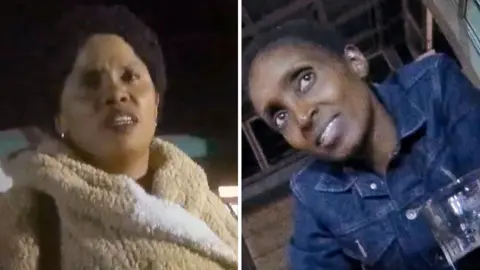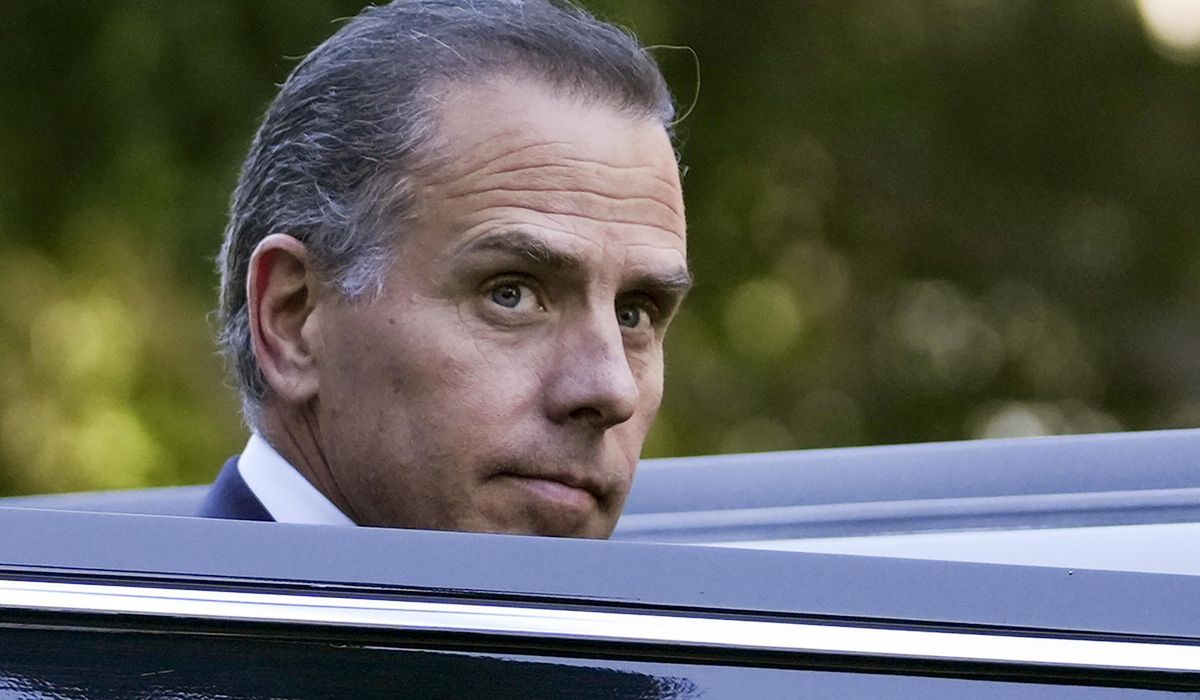ARTICLE AD BOX
Anita Nkonge
BBC News in Nairobi

 BBC
BBC
Nyambura (left) and Cheptoo (right) told undercover investigators how they exposed children to prostitution in Maai Mahiu - a trucking hub
The BBC has defended its investigation into child sexual exploitation in Kenya, after the government described it as a "hoax".
Speaking in parliament on Wednesday, Interior Minister, Kipchumba Murkomen, described the documentary as "fake because the people who were interviewed were not underage".
Mr Murkomen added that the victims interviewed by BBC Africa Eye were "posing as children".
The BBC says the documentary was clear that those interviewed were adults recounting "experiences of abuse that occurred when they were underage".
The broadcaster added that the Africa Eye investigation was "an important piece of public interest journalism".
Mr Murkomen also alleged that the BBC had promised "financial reward" to contributors.
The statement from the broadcaster stressed that the victims were offered no financial incentive to share their story.
"For clarity, none of the contributors featured in this film were paid, offered payment or 'coached' in any way."
The statement added that the BBC had handed over evidence from the investigation to Kenyan police in March this year.
The BBC followed up on numerous occasions to ensure children at risk would be protected. Footage of two women exposed was shown to authorities in April.
BBC were told by the police that action would be taken, particularly to rescue children.
In Mr Murkomen's speech in parliament, he defended the Kenyan government's record on protecting children, saying it took cases of trafficking of minors "seriously".
There was also criticism from the Speaker of the National Assembly Moses Wetang'ula, who said the aim of the documentary was to "besmirch" Kenya.
The BBC investigation, which was published on 4 August and has so far received more than one million views on YouTube, details cases of underage girls as young as 13 who were being trafficked for sex in the transit town of Maai Mahiu in Kenya's Rift Valley.
Two different women were shown admitting to knowingly and illegally trafficking underage girls for sex.
The BBC's footage caught a woman, who calls herself Nyambura, laughing as she says: "They're still children, so it's easy to manipulate them by just handing them sweets.
"Prostitution is a cash crop in Maai Mahiu; the truckers basically fuel it. And that's how we benefit. It's been normalised in Maai Mahiu," the woman explained, adding that she had one girl as young as 13, who had already been "working" for six months.
The film identified the perpetrators of the crimes against children as well as victims who were in need of urgent assistance.
Following the documentary, the Office of the Director of Public Prosecutions told the Directorate of Criminal Investigations to investigate the matter.
The BBC noted with concern that the survivors of the abuse who contributed to the film were interviewed at length by investigators from the Kenya Directorate of Criminal Investigations without legal representation.
The BBC confirmed that none of the survivors interviewed were involved in the undercover investigation itself.
The two women exposed have not been apprehended. Mr Murkomen said they had not been found.
More from BBC Africa Eye:

 Getty Images/BBC
Getty Images/BBC

 4 hours ago
7
4 hours ago
7








 English (US) ·
English (US) ·